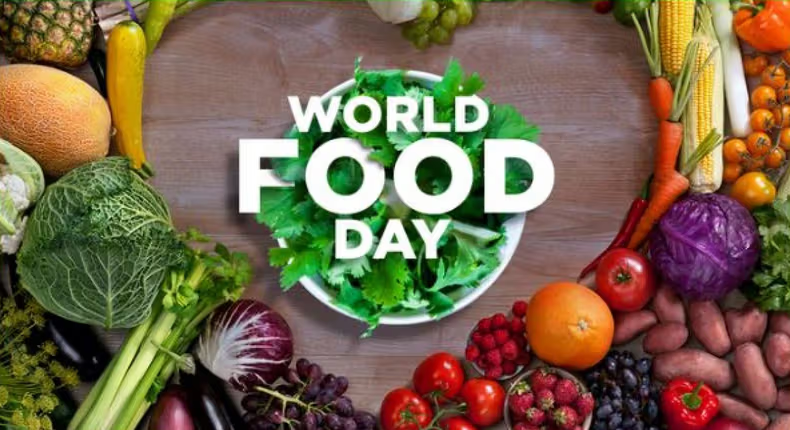World Food Day, organized by the Food and Agriculture Organization (FAO) of the United Nations, has been celebrated annually since 1981. It serves as a global platform to raise awareness about hunger, food security, and the importance of access to healthy and nutritious meals for everyone. This is particularly significant for countries like Nigeria, where millions face food challenges daily.
Purpose of World Food Day
World Food Day was established to address the critical issue of hunger, which remains a significant problem worldwide. Millions of people struggle to obtain enough food daily, and this day serves as a reminder that access to food is a fundamental human right. The overarching goal is to ensure that everyone has sufficient, affordable, and nutritious food.
Theme for 2024
Each year, World Food Day focuses on different themes aimed at improving food accessibility. The theme for 2024 is “Right to Food: For a Better Life and a Better Future”. This theme emphasizes the importance of food as a basic need and advocates for policies that protect the right to food for all individuals.
Environmental Impact of Food Production
The way we produce and consume food significantly impacts the environment. Agriculture can deplete natural resources, contribute to deforestation, and lead to soil erosion if not practiced sustainably. On World Food Day, individuals are encouraged to reflect on how their food choices affect the planet.
Sustainable Practices to Consider:
- Choose locally grown food to support local economies and reduce carbon footprints.
- Reduce food waste by planning meals and properly storing food.
- Support sustainable farming practices that protect the environment.
How to Get Involved
World Food Day is not just about raising awareness; it’s also about taking action. Here are some ways individuals can contribute:
- Donate Food: Provide non-perishable food items to food banks or organizations that support those in need.
- Reduce Food Waste: Be mindful of purchasing habits and storage practices to minimize waste.
- Support Local Farmers: Buying from local farmers ensures fresh produce and helps sustain local economies.
- Educate Others: Share information about World Food Day and the importance of food security with friends and family to spread awareness.
Government’s Role in Food Security
While individual actions are crucial, the government plays a vital role in ensuring food security. Implementing policies that support agriculture, providing financial assistance to farmers, and improving infrastructure can significantly enhance food production and accessibility in the country. World Food Day serves as a call to action for governments to prioritize these issues and develop lasting solutions to hunger.
Conclusion
World Food Day is a vital opportunity to advocate for the right to food and to promote sustainable practices that ensure everyone has access to nutritious meals. By raising awareness and taking action, we can work together to combat hunger and create a better future for all.

